In some countries, teachers and tutoring providers must register with local education authorities, even the curriculum must be reported, and infrastructure, hours, and tuition fees must be monitored.
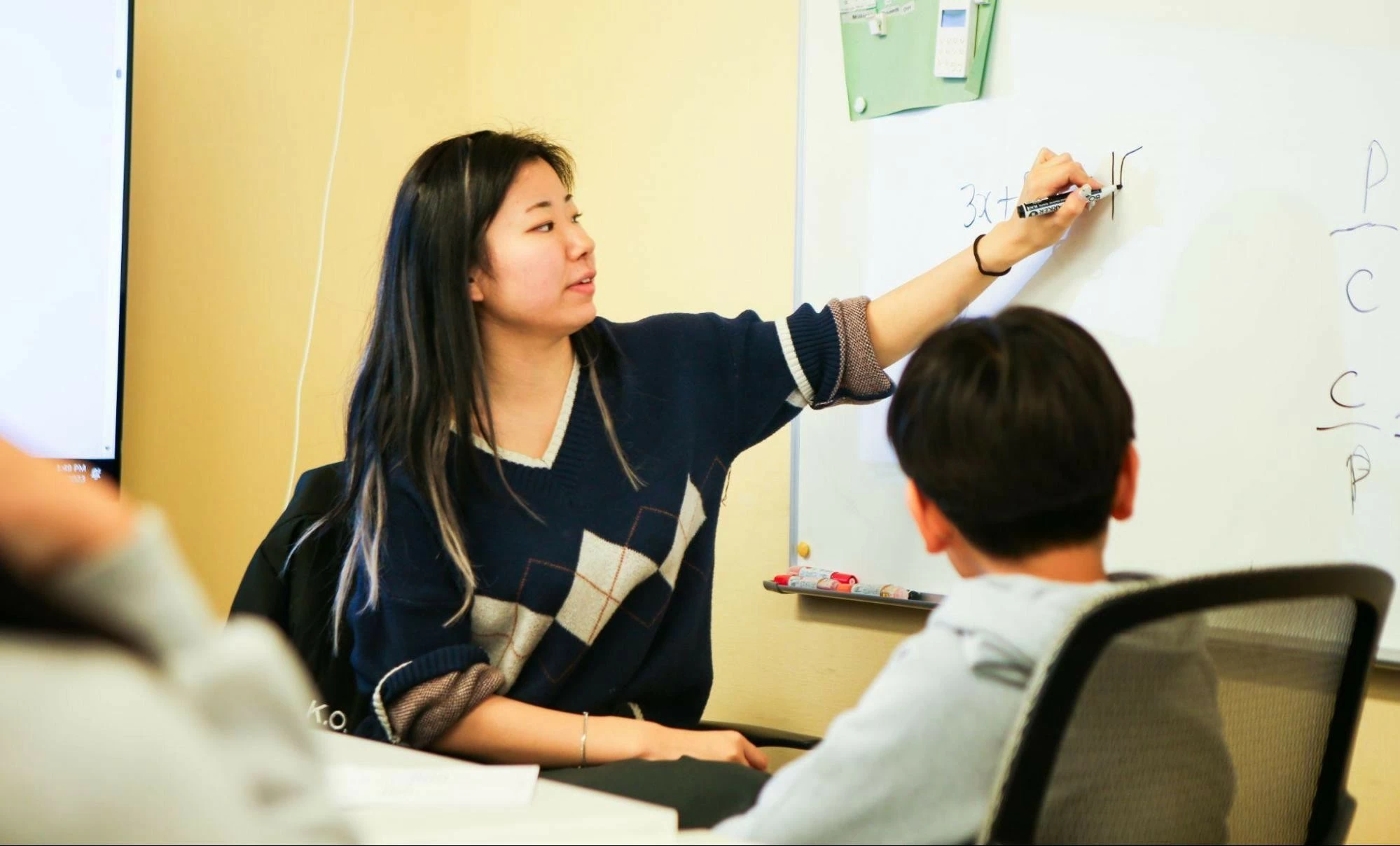 |
| Different countries have different regulations regarding extracurricular teaching and learning. (Source: Tokyo Academics) |
Japan
Teachers in Japan are expected to devote themselves fully to teaching at school and any additional classes or activities they wish to organize are managed.
According to guidelines issued by the Ministry of Education, Culture, Sports, Science and Technology (MEXT), teachers can hold extra classes, but these activities must be coordinated and approved by school administrators.
However, tutoring outside of school is generally discouraged, as it can lead to conflicts of interest or unequal opportunities for students. The main goal of Japanese education remains equity and ensuring that all students have access to quality education.
Instead, Japanese teachers often support students through after-school clubs and extracurricular activities.
However, these activities are usually organized as part of the formal curriculum and ensure alignment with the school's educational goals.
Singapore
Singapore's Ministry of Education requires tuition centres with 10 or more students to register with the ministry. The registration process requires centres to comply with specific standards regarding infrastructure and fire safety.
Teachers working at these centers must also register their background and qualifications with the education authority. The ministry applies strict conditions, refusing to accept any cases of violation of professional standards and violations of the law, especially sexual crimes.
However, Singapore also recognises the importance of supplementary education in helping students achieve their learning goals. Schools often offer extra classes or tutoring sessions, especially for students who need extra support. These sessions are conducted within the school premises and are free of charge, ensuring accessibility for all students.
Korea
In South Korea, the rising costs of the out-of-school education industry have become a concern, with the top 20% of households spending about 1.14 million won (about 21.3 million VND) per month on private education. Despite the decline in student numbers, total spending on private education is expected to reach 26 trillion won (about 486 trillion VND) in 2022, up 10% from the previous year, according to the Korea Times .
Experts in this country say that the Korean public education system is increasingly unable to meet the needs of students, forcing parents and even teachers to rely heavily on private tutoring centers, known as "hagwon" (private after-school academies).
Some teachers even advise parents to send their children to hagwons for subjects they have difficulty with, instead of getting extra support in school.
Previously, schools offered extra classes and self-study sessions in the evenings. However, the reliance on hagwons has shifted this responsibility away from schools, causing students to prioritize hagwon homework over schoolwork and even leading to students falling asleep during regular class time.
Although teachers are qualified and dedicated, policies in the public education system leave them no choice but to encourage hagwon attendance.
Regulations governing hagwons include limiting classes to 10 p.m. to ensure students get enough rest. Tuition fees are capped and hagwons must employ qualified instructors.
Transparency is achieved through mandatory reporting of tuition fees and schedules, learning materials used, etc. Local education authorities also conduct regular inspections.
China
In August 2021, China issued regulations for after-school training institutions. Accordingly, existing institutions must convert to non-profit form and strict regulations apply to the operation and content of courses.
Supplementary classes are not held on weekends, national holidays, school holidays and after 9 pm. Training content is not based on foreign educational programs or taught in advance of the school year program.
In September 2023, China's Ministry of Education announced that unlicensed after-school tutoring and teaching services could face fines of up to 100,000 yuan (about 349 million VND).
In February 2024, China’s Ministry of Education sought comments on the Draft Regulations on the Management of Off-Campus Education. The new draft continues to focus on the tutoring industry after a broader reform initiated in mid-2021.
For the first time, the draft regulations clearly define extracurricular education, defining it as educational activities organized outside the formal school system, aimed at improving learning outcomes or developing the interests and talents of students from kindergarten to high school.
The regulations establish a framework for managing and classifying after-school tutoring organizations, distinguishing between academic tutoring according to the program and non-academic tutoring.
After-school educational institutions must go through a licensing and approval process to obtain an “Out-of-School Training Organization License,” and must operate as a non-profit organization if they provide academic tutoring.
Online tutoring services also need approval from the provincial education authority.
An important point of the regulations is the restriction on extra-curricular tutoring time. Lessons must be held outside of regular school hours and cannot take place on national holidays or school vacations. Provincial education authorities may set further guidelines on the timing and length of these lessons.
In addition, regulations prohibit these units from organizing exams or competitions, and from publicizing students' academic results or rankings.
Academic tutoring fees must comply with government pricing guidelines, while other tutoring services need to be registered with relevant authorities. The fees collected are mainly used for operational purposes, and must be transparent and monitored.
To enforce these regulations, a national monitoring platform will be set up to monitor after-school tutoring organizations. These organizations must update relevant information on the platform.
Organizations, individuals and local education management agencies that violate regulations, including unauthorized tutoring or poor management, will be held responsible according to the education law and related regulations.
Source: https://baoquocte.vn/day-them-hoc-them-o-cac-quoc-gia-tren-the-gioi-duoc-quy-dinh-the-nao-284578.html










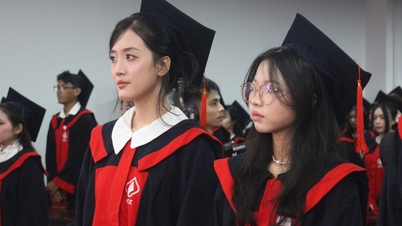



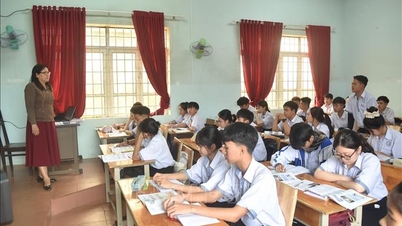
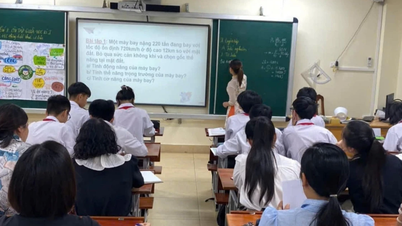

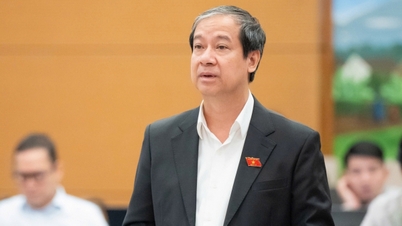
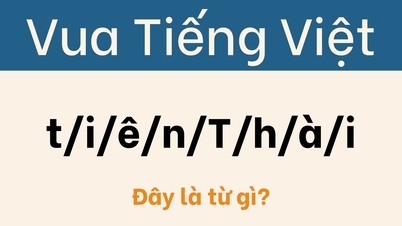

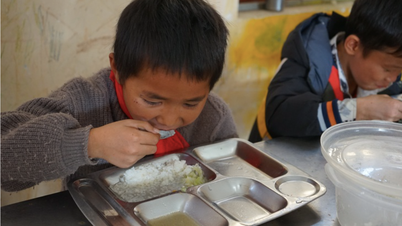


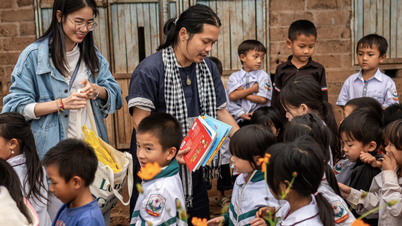
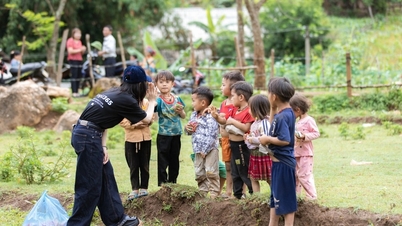
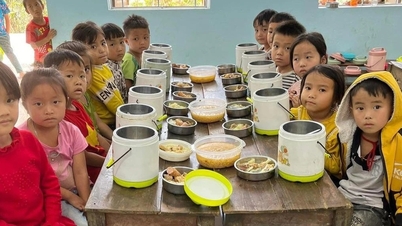






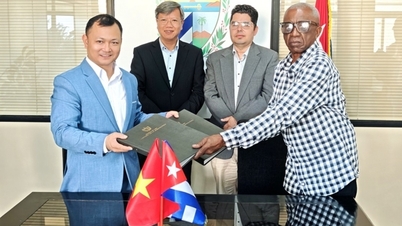

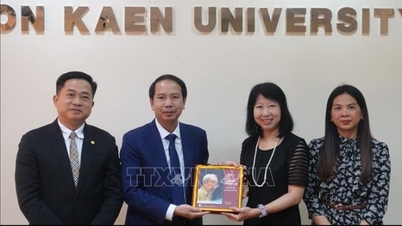



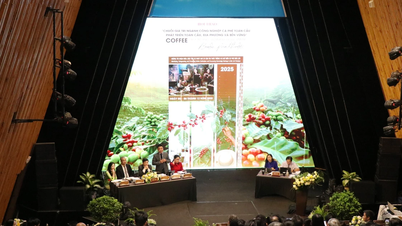







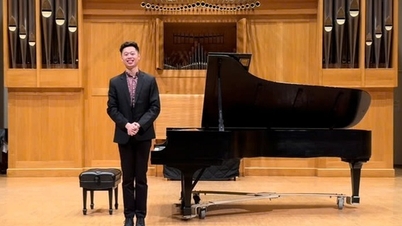
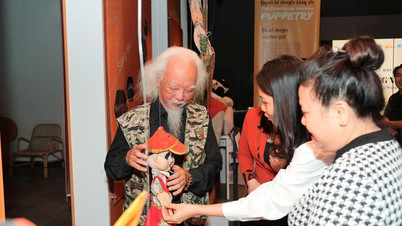

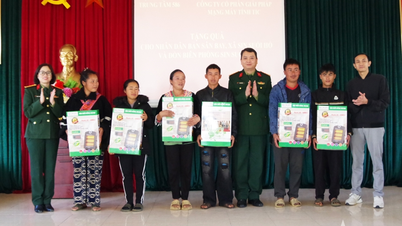

















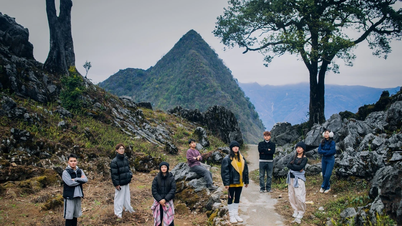


















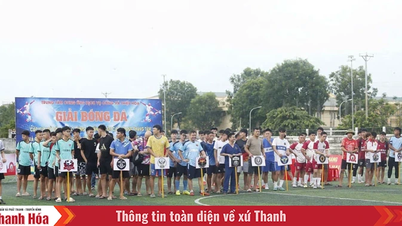

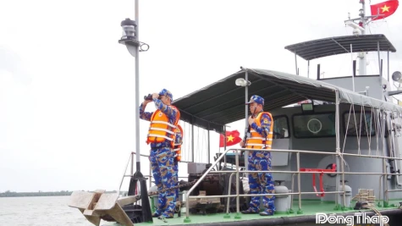



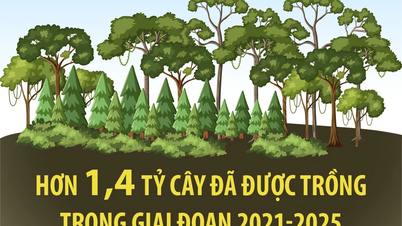



















Comment (0)